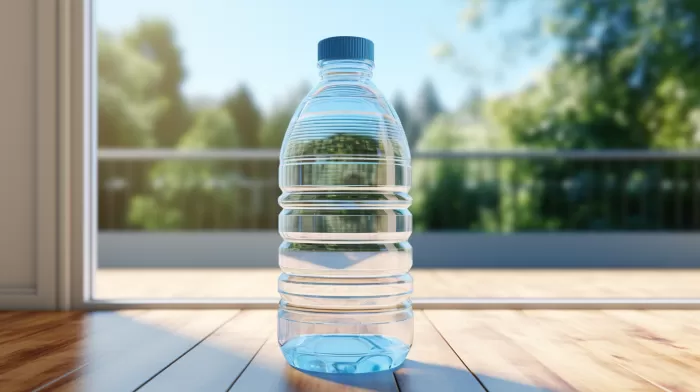An interesting debate has recently sparked the attention of environmentalists, and it involves how much water comes into play when it comes to the making of one-liter bottled water. The International Bottled Water Association boasts that a mere 1.39 liters of water are needed to produce one liter of bottled water. It makes one wonder, however: is this actually something we should be impressed about? Let’s delve deeper into the issue and consider multiple viewpoints.
###Examining Different Beverage Production
To provide perspective, brewing a liter of beer requires approximately 4 liters of water. This fact might make bottled water seem like the more environmentally friendly choice. However, many point out that most of the water we buy in plastic bottles is often just repackaged tap water.
The industry’s response is to highlight the water usage in other beverages. A liter of soft drink production needs more than 2 liters of water, wine production consumes 4.74 liters of water per liter, and hard liquor requires a whopping 34.55 liters of water for each liter produced. Now, we have more context, but the question remains: is bottled water still a sustainable choice?
###The Impact of Packaging
A significant factor in this discussion is the role of packaging. Ertug Ercin with the Water Footprint Network tells NPR that packaging for bottled water uses up more water than we might think. In fact, creating a half-liter plastic bottle uses about 3 liters of water. Therefore, the total amount of water needed to make the bottle can consume up to seven times as much water as the production of the bottled water itself.
This may raise even more questions. For instance, is consuming bottled water better for you, and is it an acceptable trade-off for the environment considering the plastic waste and water use? Many might argue that drinking bottled water is a healthier option than consuming a soft drink.
However, a significant problem to consider is the number of plastic bottles consumed in the United States. The U.S. uses an astonishing 1,500 water bottles every single second of every day. This isn’t only excessive water usage, but it also contributes to a staggering amount of waste. Remember that one plastic water bottle takes 450 years to decompose, and the enormous scale of the problem begins to come into focus.
###Reducing Plastic Waste and Water Usage
Considering the above information, it is important to explore ways to reduce plastic waste while still providing people with access to clean water. Implementing stricter measures related to recycling efforts and encouraging more people to participate can make a crucial difference.
Engaging in a global conversation about how water is used and encouraging manufacturers to change their current water consumption practices will certainly help. Countries can work together to build stronger policies that have a global impact.
In addition, there are various technologies available now to purify tap water and eliminate the need for plastic bottles altogether. Every household can invest in water filters and reusable bottles, significantly reducing plastic bottle waste and unnecessary water usage. Furthermore, encouraging businesses to provide refill stations for reusable bottles can make a difference in how much water is used and how much plastic waste piles up.
###Making a Change Together
In conclusion, while it may seem like bottled water is a relatively efficient and environmentally friendly choice compared to other beverages, it still requires a large amount of water to produce, particularly when it comes to packaging. The extent of daily water bottle consumption in the United States reveals the magnitude of this problem.
It’s time for us to consider alternative options to reduce our collective water usage and plastic waste. As a society, we can prioritize recycling efforts, invest in water purification technology for our homes, and support businesses that offer refill stations for reusable bottles. Collectively, we can make a substantial impact in addressing this pressing environmental issue.



